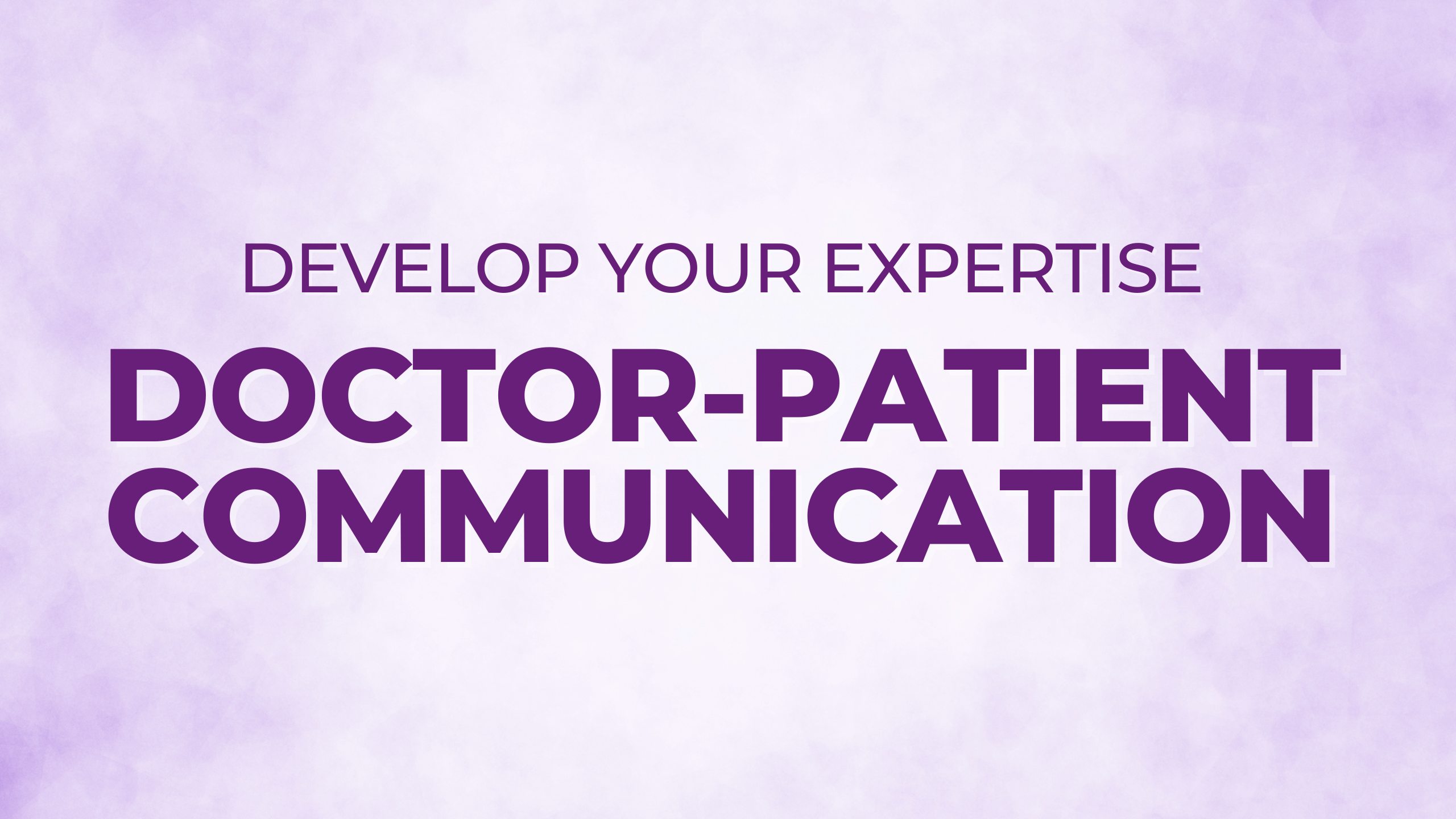
Did you know that regular aerobic exercise not only improves short-term memory but also increases the size of the hippocampus? For years, we’ve understood that exercise seems to have a positive overall effect on memory diseases, like Alzheimer’s and dementia. Now, we may know why…
Exercise Helps Build Long-Term Memories
And we know that the learning process requires more than just learning new information–in order for information to be recalled, it must be stored in long-term memory.
When you experience an event, all the information is funneled to the hippocampus and converted into a neural code that can be stored and accessed, first as working (short-term) memory and later as distributed long-term memory.
This episodic memory contains all relevant information of the event, the “who, what, when, why, and where,” the emotions, the sensations, and the personal importance of that event. This hippocampal processing is called encoding, and there are a few factors that can influence it... including how much you exercise.
It Contributes to Stronger Memory Encoding
We recommend that you block time for the things you need to get done during the day: beyond your specific work hours, you should make time for exercise, family and taking care of your overall mental and physical health daily. It'll help you be a more competent physician, and will definitely increase your capacity to learn new information.
Decreased Stress, Anxiety and Depression
Maintaining your physical health is a great starting point—balance your work with relaxation and play (easier said than done, right?). Place mental boundaries around work time, study time, and family time, and don’t let these distinct times interfere with each other.
Better Deep Sleep
Sufficient sleep is crucial for decreasing stress and for optimizing the encoding and consolidation processes. Aim for 7–8 hours per night. Minimize alcohol ingestion at bedtime—it disrupts normal sleep cycles by decreasing your amount of REM sleep and by decreasing deep sleep (a.k.a. stage 3 sleep, slow-wave sleep, delta wave sleep), which is the restorative part of the sleep cycle thought to be important for memory consolidation.
Increased Focus on Maintaining a Healthy Diet
Avoid a diet high in carbs; it has increased risk of weight gain, diabetes, and heart disease—and the ups and downs in blood sugar interfere with concentration.
Download StudyWise to learn more about how healthy habits impact your brain’s ability to learn. It also covers the best, science-based approach that you should take to improve recall and stimulate deep learning.



